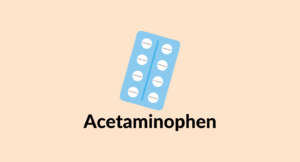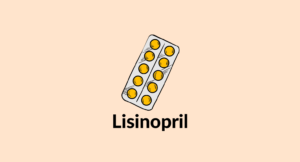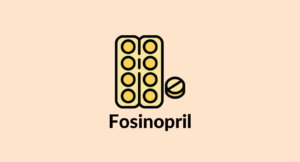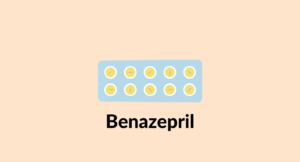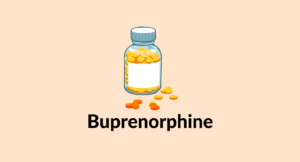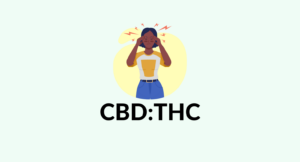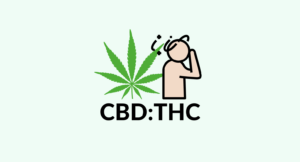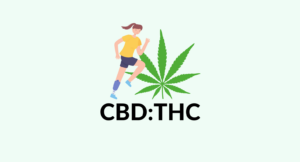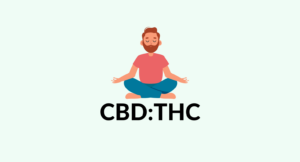Evidence based
CBD vs. Kratom — For Pain, Sleep, & Energy
CBD and kratom offer similar benefits towards pain and sleep-support.
Which option is better?
Here, we compare CBD & kratom side-by-side.
At first glance, there’s a lot of overlap between kratom and CBD. Both products come from natural plant sources and deliver many of the same benefits.
CBD and kratom are used to relieve chronic pain, promote a deeper, more restorative sleep, and alleviate anxiety and depression.
While there are many similarities between these two plant extracts — kratom and CBD are very different.
In this article, we’ll compare CBD and kratom in terms of their benefits, safety, cost, legality, and more.
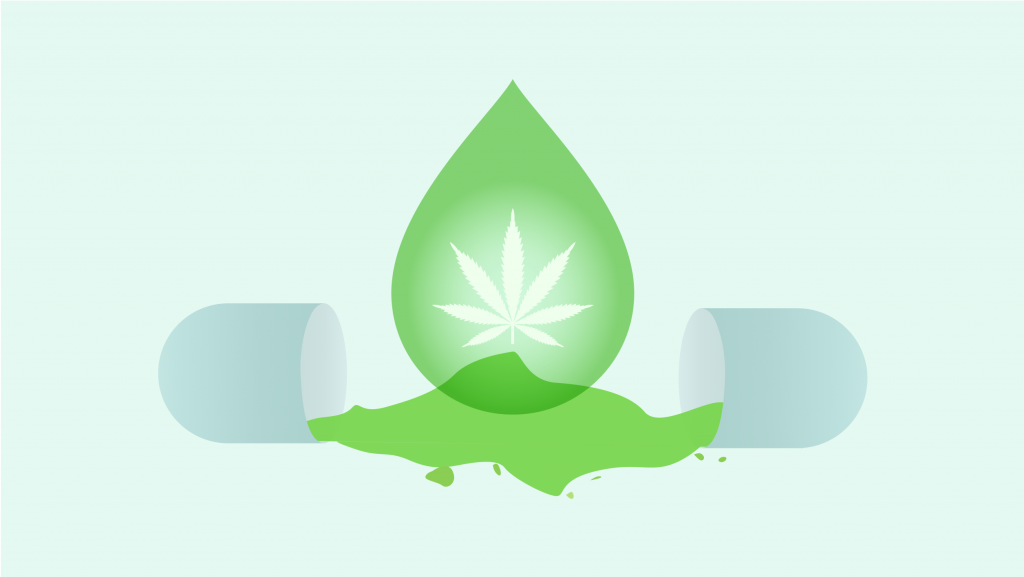
What is Kratom?
We’ve covered CBD in-depth many times already. If you’re reading this and want to learn more about what CBD is and how it works, check out our beginner’s guide to CBD.
So what is kratom?
Kratom (Mitragyna speciosa) is a species of shrub related to the coffee plant. It’s found all across Southeast Asia — including Bali, Thailand, Indonesia, Laos, Vietnam, and Cambodia.
Traditionally, the leaves of the kratom tree were either chewed or made into tea. The effects are stimulating like coffee, so the plant was used to boost energy levels and improve productivity while working.
But there’s something unique about kratom that gives it a whole new set of benefits.
In high doses (over 7 grams of the leaf), kratom has an entirely different set of effects. Alkaloids in the leaves target the opioid pain receptors — which give it potent analgesic and euphoric benefits. The higher dosage range can also give this herb sedative effects, which overpower the initial stimulant action.
People primarily take kratom as an alternative to coffee in lower doses and as an alternative to alcohol or prescription pain medications in higher doses.
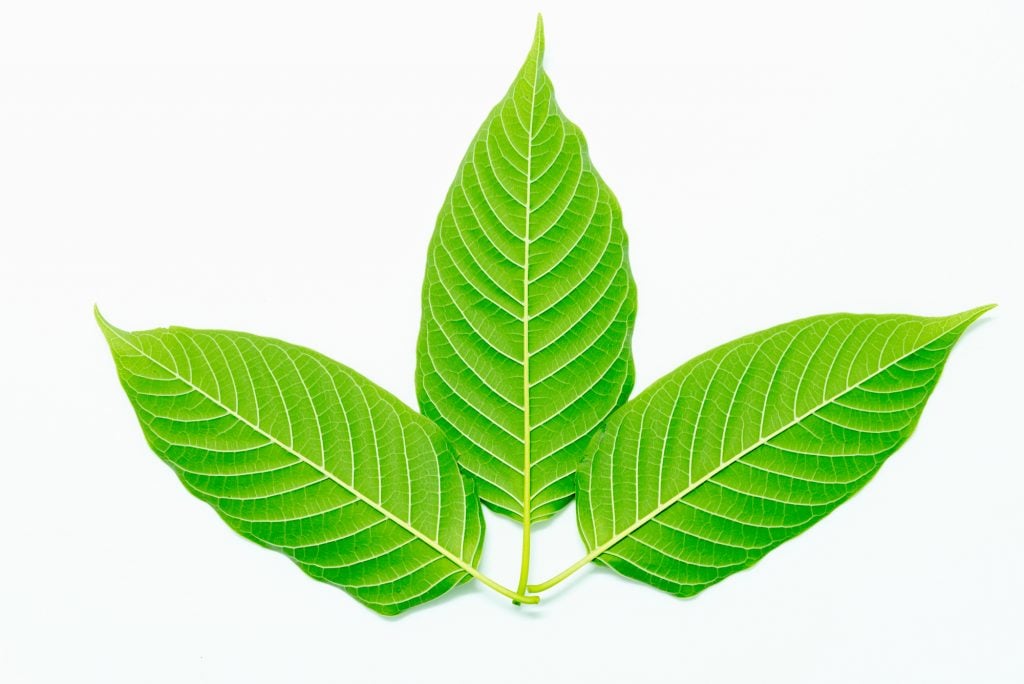
Comparing CBD to Kratom: What’s The Difference?
Both CBD and kratom are useful for managing pain, anxiety, and insomnia — but the similarities end here.
The active ingredients in CBD products are completely different from kratom and work through entirely different mechanisms.
CBD acts on the endocannabinoid system — kratom targets the adrenergic and opioid systems.
They’re also different from each other in terms of their safety profile, legality, and origin.
In general, CBD is better for inflammation or chronic (long-term) pain and anxiety.
Kratom is better in low doses as a nootropic or stimulant and higher doses for acute (short-term) pain.
CBD is much safer than kratom and can be used long-term without any risk of addiction or long-term side effects. Conversely, kratom should be avoided long-term because it can become habit-forming and addictive over time.
Summary: Comparing The Similarities & Differences Between CBD & Kratom
| Metrics | CBD (Cannabis sativa) | Kratom (Mitragyna speciosa) |
| Low-Dose Effects | • Mild nootropic • Mild painkiller • Mild anxiolytic | • Increased energy levels • Mild agitation |
| High-Dose Effects | • Pain reduction • Stress & anxiety reduction • Sedation & sleep • Anti-inflammatory | • Pain reduction • Euphoria • Stress reduction • Sedation & sleep |
| Safety | • Very safe even in high doses • Low risk of side-effects | • Safe in low doses but can produce side-effects • High doses can lead to “kratom wobble” • Long-term use can lead to addiction |
| Side Effects | • Sedation • Nausea • Low blood pressure & dizziness | • Nausea & vomiting • Dizziness • Blurry vision • Loss of muscle coordination • Sedation |
| Legality | • Legal in all 50 states • Legal throughout Europe • Legal in Canada, Mexico, & most of South America | • Legal on a federal level, but banned in several US states • Legal in some European countries • Illegal in Canada • Legal in most of South America |
| Origin | • Cannabis comes from Asia & the Middle East | • Southeast Asia (Thailand, Borneo, Indonesia, etc.) |
| Active Constituents | • CBD • THC • CBG • CBC • CBN • THCV | • Mitragynine • 7-hydroxymitragynine • Paynantheine • Speciogynine |
| Pharmacology | • CB1 & CB2 receptor modulators | • Opioid agonist • Dopaminergic |
| Preparation | • CBD oils & capsules • CBD edibles • Raw hemp flower • Concentrates | • Raw leaves chewed • Dried leaf powder mixed with water • Capsules • Tinctures |
| Cost | • Average $0.10/mg of CBD • About $2.00 per dose | • Average $0.48/g of kratom • About $3.50 per dose |
1. Benefits of CBD & Kratom
CBD and kratom share many of the same uses — but they achieve this through completely different mechanisms.
In summary, kratom is better for short-term pain support, opiate withdrawal symptoms, and improving focus and concentration (low doses) compared to CBD.
CBD offers many benefits for conditions that require long-term use. This could include pain, insomnia, anxiety, and depression. It also offers several benefits that kratom doesn’t — such as inflammation, epilepsy, skin conditions, neurodegenerative disorders, and much more.
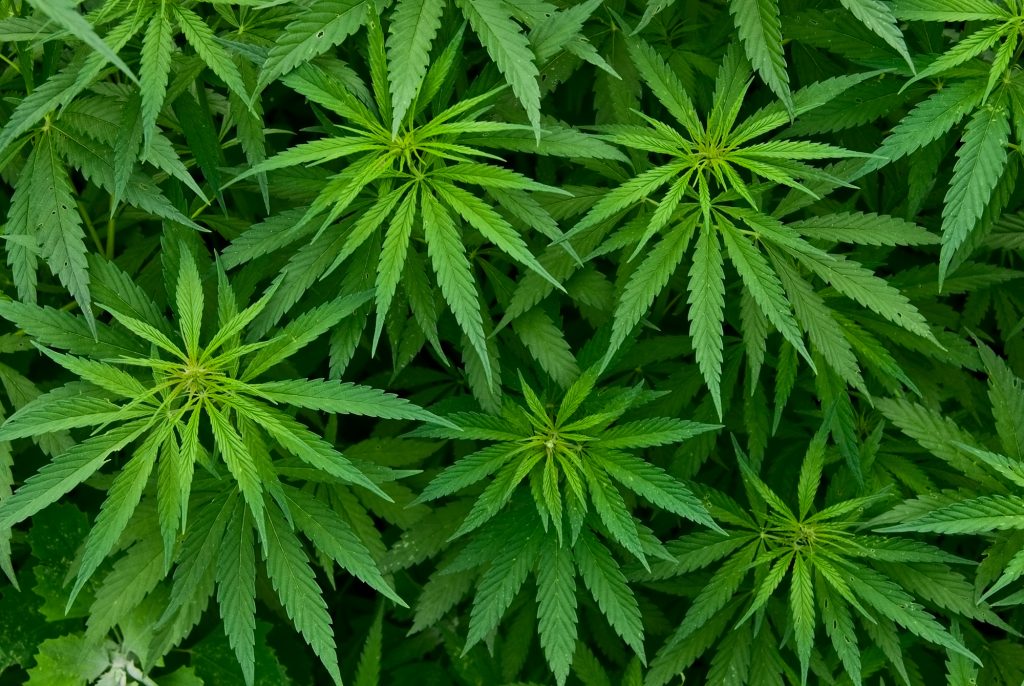
CBD vs. Kratom For Pain
Winner: Kratom for acute pain, CBD for chronic pain.
The main similarity between CBD and kratom is their effect on pain.
CBD works through the endocannabinoid system, which is composed of a series of receptors involved with the regulation of homeostasis (a word that essentially means balance). By modulating these receptors, CBD can effectively regulate the volume of pain signals heading to the brain.
CBD doesn’t block pain completely but does a great job at reducing the severity of pain.
Kratom works very differently. It contains several alkaloids that activate the opioid receptors located in the spinal cord and brain. These receptors act as gates for pain transmission to pass through. By activating the opioid receptors, the gates close — blocking the pain signal from reaching the brain. This is the same mechanism of action used by prescription painkillers like morphine and oxycontin.
So which one is better?
CBD is going to be much better for any pain driven by inflammation as the underlying cause. It works to reduce the pain signal in the short term but also addresses the underlying cause. This can take several days, weeks, or even months to get the full benefit.
Kratom is better in the short term for just about any type of pain — but shouldn’t be used long-term due to concerns over tolerance and addiction. By directly blocking the opioid receptors, kratom can offer fast and effective pain relief for virtually any type or severity of pain.
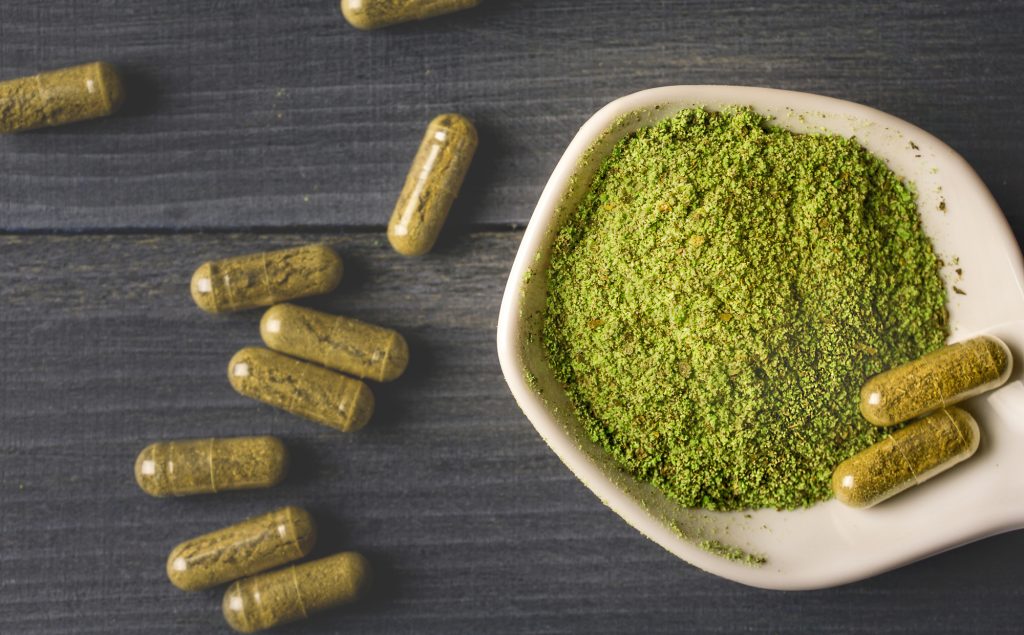
CBD vs. Kratom For Sleep
Winner: CBD
There are many different causes for insomnia — including dysregulation in the sleep-wake cycle, anxiety, blood sugar dysregulation, and chronic pain.
CBD is the obvious winner here because it addresses all of these potential underlying causes.
In higher doses, CBD is a sedative — helping to induce sleep when we’re having a hard time. But even in smaller doses, CBD can help us achieve a more restful sleep by calming down the central nervous system to help curb symptoms of anxiety or a busy mind at night.
It’s also useful for reducing muscle or joint pain that may be keeping you awake at night and directly reduces cortisol levels that could be preventing you from reaching deeper sleep states.
Kratom is also useful for sleep, but this herb can be very hit or miss here.
While kratom is a sedative, it’s also a stimulant. Getting the dose wrong or using the wrong strains can lead to even worse insomnia than when you started. It can also be hard to get the balance right with kratom.
Higher doses of this plant are strong sedatives, but taking too much can cause uncomfortable side effects commonly referred to as the “kratom wobble” — which involves blurry vision, dizziness, and nausea or vomiting.
Additionally, kratom is not a good long-term solution for improving sleep. Occasional doses are okay if you know what dose works best for your body, but long-term use can form dependence — which means if you stop using the herb, your insomnia will become even worse.
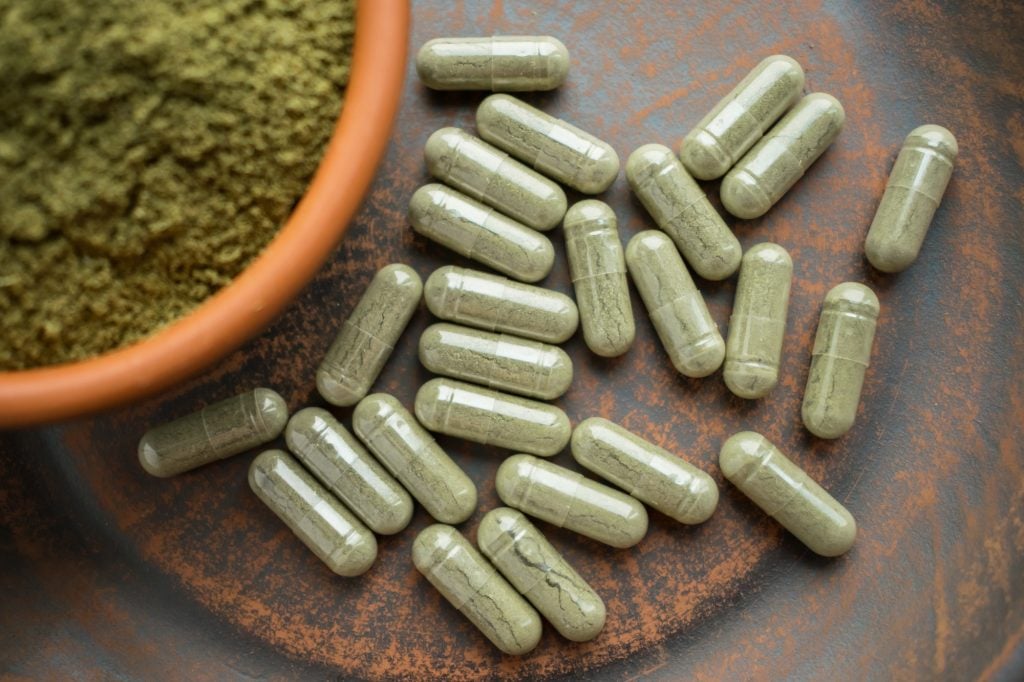
CBD vs. Kratom For Anxiety & Depression
Winner: CBD
The anti-anxiety effects of CBD really shine through here as the clear winner.
CBD acts on several separate mechanisms involved with anxiety — including GABA, dopamine, serotonin, and glutamate — all of which are intimately involved with the symptoms we experience as anxiety.
There have been numerous large-scale clinical trials to confirm the effectiveness of CBD for managing anxiety as well. In fact, there are very few other natural supplements that even come close to the reliability of CBD for anxiety. The only exception may be the kava plant — which is one of the best natural anxiety herbs on earth.
As for depression, CBD is less effective than kratom in the short term — but offers significantly greater improvement long-term. This is because CBD is not directly euphoric or uplifting like kratom. Instead, CBD works to regulate neurological function to restore homeostasis of neurotransmitters and electrical transmission in the brain.
CBD also works to eliminate neuroinflammation — which is considered one of the primary underlying causes of depression.
Kratom only offers mild anti-anxiety benefits, and only in higher doses. The lower dose range is much more stimulating and can actually cause anxiety in a lot of individuals.
Kratom is a great anti-depressant in the higher dose range because of its ability to activate the opioid receptors and trigger dopamine release in the brain. This gives kratom a potent euphoric effect that has a dramatic impact on mood. However, these effects are short-lived, and over time can lead to a worsening of mood symptoms as the body becomes dependent on the effects of kratom.
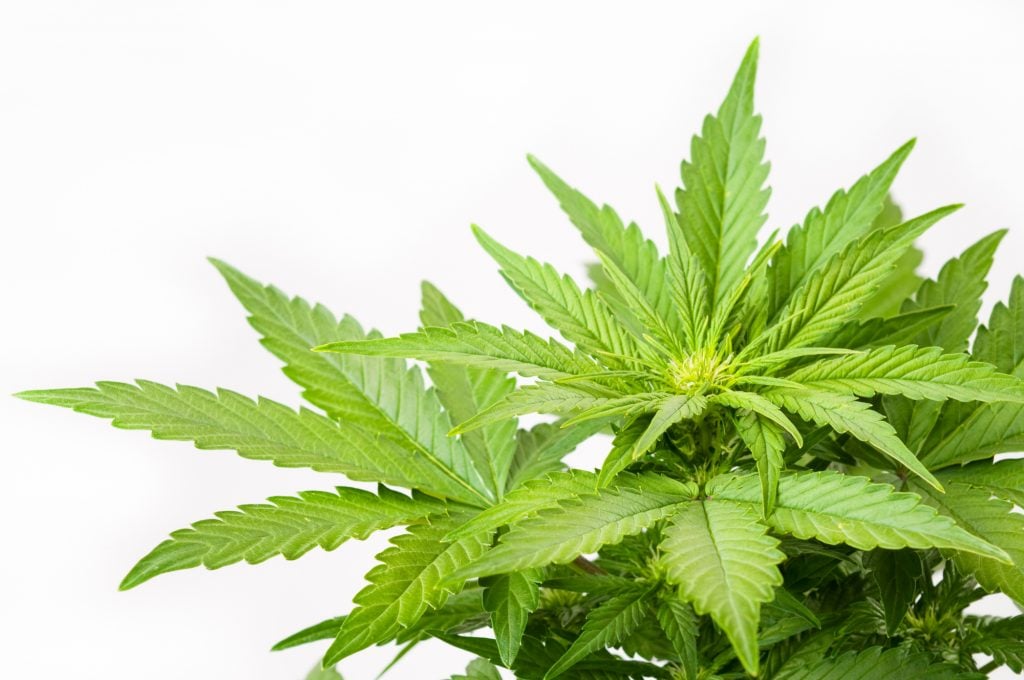
CBD vs. Kratom For Focus & Concentration
Winner: Kratom
CBD is sometimes used to support focus and concentration, but these effects come as an indirect benefit. The idea is that by reducing anxiety and stress, CBD is able to promote more mental clarity and focus. These effects are subtle and only really apply to people who are already stressed or anxious.
CBD isn’t stimulating in the same way as kratom or other nootropics like caffeine.
Kratom is a much better productivity-enhancer and nootropic because of its ability to directly stimulate the adrenergic receptors. Using this herb (lower doses) stimulates brain activity and makes us feel more alert and awake. The benefits of focus and concentration are noticeable within 30 minutes of taking the kratom and last between 2 and 3 hours.
CBD vs. Kratom For Immune Support
Winner: CBD
Both CBD and kratom are suggested to have a broad immune-supportive benefit.
CBD works by regulating the endocannabinoid system, which is responsible, in part, for regulating immune function. This includes all aspects of the immune system — including white blood cell production, T-cell activation and infiltration, allergic reactions, and adaptive immunity. CBD has even been shown to offset the ability of certain bacteria to resist antibiotics.
Kratom is also suggested to boost immunity, and there are several compounds in the plant that have been shown to offer direct immune-stimulating effects in animal testing — such as the alkaloid isopteropodine and a saponin called daucosterol. However, none of these effects have been proven in humans.
2. Safety of Kratom & CBD
There’s a big difference in safety profiles between kratom and CBD.
CBD is very safe. There has never been a documented case of an overdose on CBD, and animal studies have shown the lethal dose of this compound is several thousand milligrams — much higher than the recommended dosage range of 5 – 80 milligrams.
Even long-term use has been shown to have no lasting health implications and doesn’t lead to addiction. CBD can become habit-forming over time as a result of symptom relief — but there’s no indication that CBD forms physical addiction or dependence.
Kratom, on the other hand, has been known to cause deaths in the past — although this is exceedingly rare. Additionally, long-term use of kratom is not considered safe — daily use can lead to dependency and addiction over time. The chances of becoming addicted to kratom are substantially lower than prescription painkillers or illicit drugs like heroin (which act through the same mechanism), but the potential for addiction is still a reality.
In terms of side effects, the most common side effect of CBD is fatigue or brain fog. Some users experience a drop in blood pressure, which can lead to dizziness.
Kratom has a long list of side effects stemming from its adrenergic effects (dizziness, headaches, insomnia, anxiety) and opioid effects (fatigue, dizziness, low blood pressure, nausea, loss of muscle coordination). The “kratom wobble” is a common set of symptoms experienced from higher doses, which involves blurry vision, loss of muscle coordination, and nausea and vomiting.
3. Cost of CBD & Kratom
In terms of cost, kratom and CBD are very comparable.
The cost for CBD is best measured in dollars per milligram of CBD. This metric makes it easier to compare different types of CBD products.
The most common and cost-effective way of using CBD is in the form of CBD oil. The cost per milligram for a CBD oil is around $0.07 – $0.10. The average dose of CBD at roughly 20 mg makes the cost per dose somewhere between $1.40 and $2.00. For the stronger painkilling or sedating effects of CBD, a dose of 50 mg is more common — bringing the cost per dose to around $3.50 to $7.00.
The best way to assess the cost of kratom is in dollars per gram (rather than dollars per milligram). The average cost of kratom leaf powder is around $0.48 per gram. The average low-dose (stimulating) kratom is 5 grams — so the cost is around $2.40. High-dose (sedating) kratom is around 10 grams on average — so the cost for a high dose of kratom is $4.80.
4. Legality of CBD & Kratom
Both kratom and cannabis have had a long and complex history with the law. Cannabis and kratom have both gone from legal to banned, to legal again — and both have stipulations that make it legal in some places and illegal in others.
Overall, CBD has much lighter regulations — with one stipulation: CBD must be made from the hemp plant. Hemp is defined as any Cannabis sativa plant that contains 0.3% THC or less by dried weight. Anything over this limit is considered marijuana — which is illegal in most countries (the exception is Canada).
Kratom laws are much more complicated. Some countries ban it in fear of the addictive potential of the plant — others permit it as an alternative to the even more addictive prescription painkillers.
Summary: Regulations for CBD
- CBD is legal on a federal level across the United States, but some states ban its sale
- CBD is legal in most European countries, Canada, Mexico, and South America
- CBD is legal for medicinal purposes only in most Asian and Australasian countries
- You can buy CBD online and have it delivered to most parts of the world — as long as THC concentration is below 0.3% (0.2% for Europe)
- Any products made from marijuana (contains more than 0.3% THC) is illegal in most countries
Summary: Regulations for Kratom
- Kratom is legal on a federal level in the US but banned in certain states (Alabama, Arkansas, Indiana, New Hampshire, Tennessee, & Wisconsin)
- Kratom is illegal in Canada, and several European countries (Denmark, Finland, Ireland, Italy, Latvia, Lithuania, Poland, Romania, Russia, Sweden, Turkey, United Kingdom)
- Kratom is legal in most of South America and Asia
Can I Mix CBD With Kratom?
With so many similarities in the effects of kratom and CBD, some people are choosing to mix the two plants together for even greater benefit.
While there are some good reasons for mixing kratom and CBD, caution is advised. The overlap in effects can increase the chances for side effects — especially with the higher doses.
The best way to combine kratom and CBD is to use a low dose of kratom for its energizing effects and use a low to moderate dose of CBD to offset the anxious side effects. This is very similar to the synergy produced by mixing CBD and coffee.
Here’s what a combination of CBD and kratom might look like:
- 4 grams of kratom powder in water
- 20 milligrams of CBD oil
Take both at the same time and wait at least 60 minutes before taking any more of either supplement. Don’t take any other supplements or coffee alongside this combination.
Mixing high doses of either CBD or kratom together is not recommended and may not be safe.
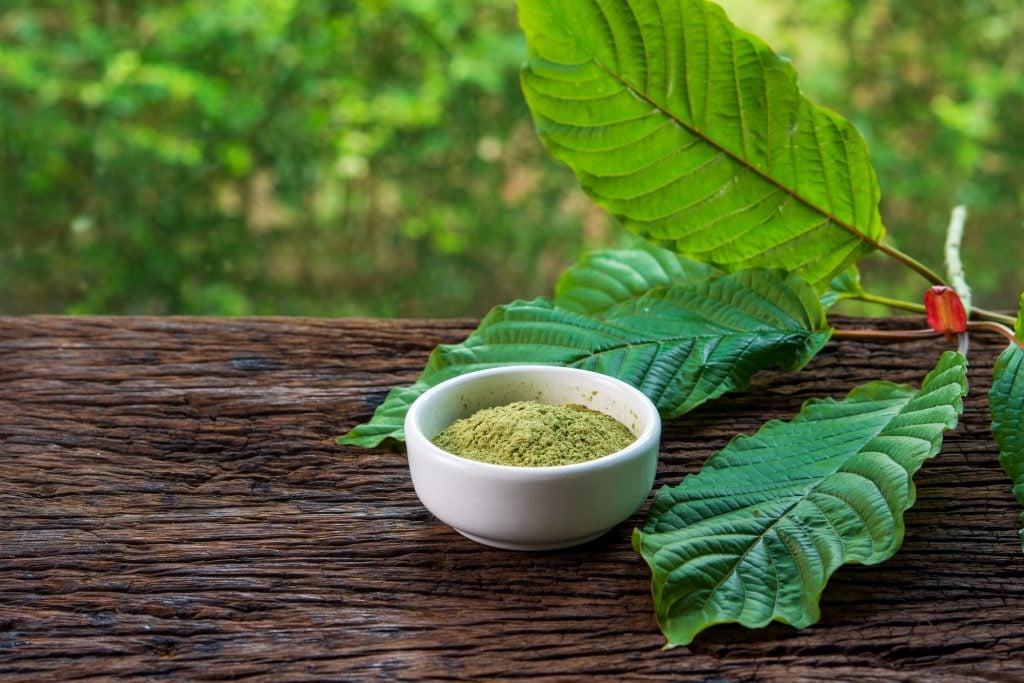
Summing it All Up: CBD vs. Kratom
CBD and kratom share a lot of similarities in terms of their benefits. Both offer powerful pain relief and sedative effects in higher doses. However, both supplements achieve these effects through completely separate means.
CBD works through the endocannabinoid system — which is a neuroregulatory system. This gives CBD very broad and diverse benefits and makes it much more subtle in its effects compared to kratom. CBD is the best option for long-term support for pain, anxiety, and insomnia — but it’s not as strong as kratom.
Kratom is much better for short-term pain relief but should be avoided long-term because of its potential to become habit-forming and addictive.
Kratom also has a completely separate benefit from CBD. In lower doses (less than 8 grams), kratom is a central nervous system stimulant similar to caffeine.
Mixing CBD and kratom should be done very carefully, and only after you have experience with both herbs on their own.
CBD is a great combination to use with low-dose kratom to offset some of the side effects of its stimulating nature. However, neither supplement should be combined in the higher-dose ranges. This combination is more likely to lead to side effects.

